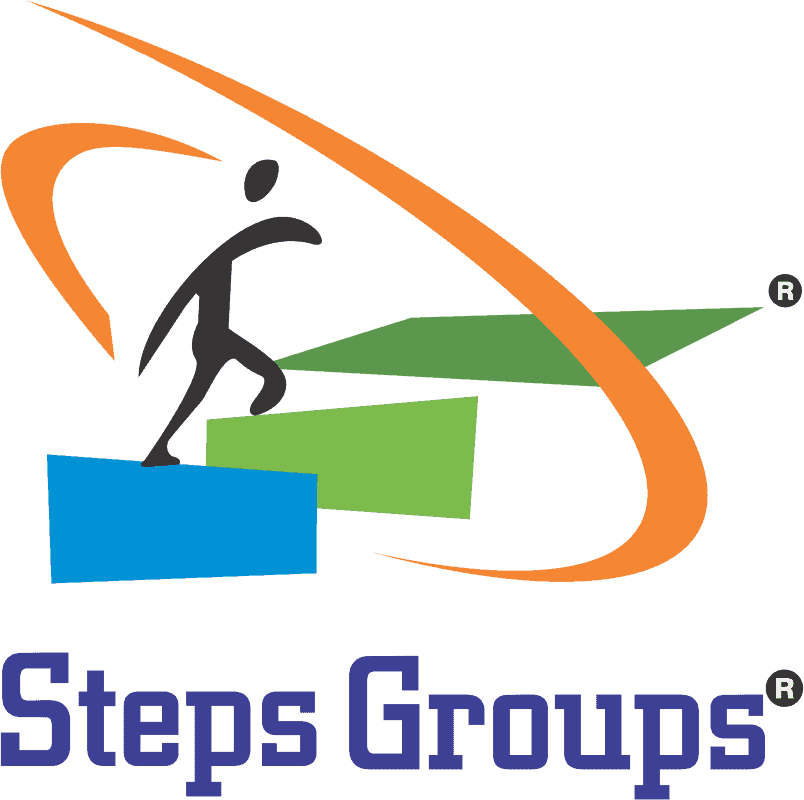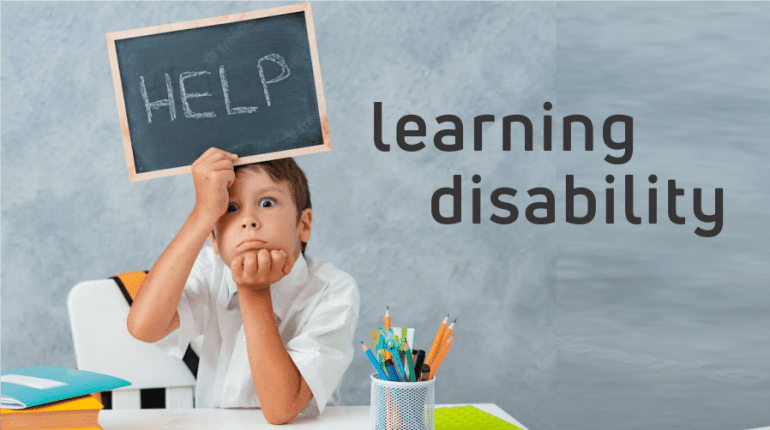Learning Disabilities
Learning Disabilities Treatment in Coimbatore
At Steps Groups, we specialize in supporting children with learning disabilities in Coimbatore through individualized therapy and early intervention programs. Our expert team of occupational therapists helps children overcome challenges in reading, writing, comprehension, and mathematics — empowering them to reach their full learning potential.
Understanding Learning Disabilities
A learning disability (LD) is a neurological condition that affects how the brain processes, stores, and communicates information. Children with learning disabilities often have normal intelligence but face difficulties in acquiring key academic skills such as reading, writing, spelling, or math.
These challenges are persistent and not simply due to lack of motivation, poor teaching, or environmental factors. With proper assessment and therapy, children can develop effective strategies to learn and succeed in school.
Types of Learning Disabilities
There are four primary types of learning disabilities:
- Dyslexia – Difficulty with reading and decoding words.
- Dysgraphia – Trouble with writing, spelling, and organizing thoughts on paper.
- Dyscalculia – Struggles with mathematical understanding and problem-solving.
- Dyspraxia (Developmental Coordination Disorder) – Issues with motor coordination and planning physical movements.
Each type presents unique challenges, and our therapy programs are tailored to meet each child’s specific needs.
Common Characteristics of Learning Disabilities
Reading Skills
- Poor decoding and comprehension skills
- Difficulty recognizing familiar or high-frequency words
- Trouble identifying key ideas in text
- Poor reading fluency or skipping words while reading aloud
Spelling Skills
- Frequent spelling errors despite strong phonetic awareness
- Confusion with homonyms or common spelling patterns
- Difficulty linking sounds (phonics) with written letters
Written Expression
- Difficulty writing grammatically correct sentences
- Poor handwriting or slow writing speed
- Trouble organizing ideas in written form
- Struggles with copying notes from the board or books
Oral Language
- Trouble articulating words or expressing thoughts verbally
- Difficulty distinguishing similar sounds
- Inability to follow multi-step verbal directions
Mathematical Skills
- Poor number sense and basic calculation ability
- Difficulty memorizing multiplication tables
- Confusion with word problems and mathematical symbols
- Poor understanding of mathematical relationships
Learning Disabilities Treatment in Coimbatore at Steps Groups
At Steps Groups, our occupational therapy for learning disabilities focuses on developing core academic, motor, and cognitive skills essential for learning and self-confidence.
Occupational Therapy (OT)
Our occupational therapists assess the root causes behind academic struggles — such as poor visual perception, motor coordination issues, or attention difficulties. We design customized interventions to:
- Improve handwriting and fine motor control
- Enhance visual-motor integration for better reading and writing
- Strengthen memory, attention, and organizational skills
- Develop sensory processing and body awareness for better classroom focus
Cognitive and Academic Skill Development
We use evidence-based learning techniques and multi-sensory teaching methods to help children absorb and retain information effectively.
Parental Guidance and Home Strategies
Our therapists work closely with parents and teachers to create a consistent learning environment. We provide practical strategies to support children’s academic progress at home and school.
Why Choose Steps Groups for Learning Disability Therapy in Coimbatore?
- Experienced occupational therapists specializing in child development
- Individualized therapy plans based on detailed assessments
- Use of evidence-based, child-centered interventions
- Support for both academic and emotional growth
- Collaboration with schools and parents for holistic progress
Empowering Children to Learn and Thrive
At Steps Groups, we believe that every child learns differently — and with the right support, every child can succeed. Our structured and compassionate approach helps children overcome learning barriers and discover their true potential.
📞 Contact Steps Groups today to know more about our personalized learning disabilities treatment in Coimbatore and how we can support your child’s educational journey.



